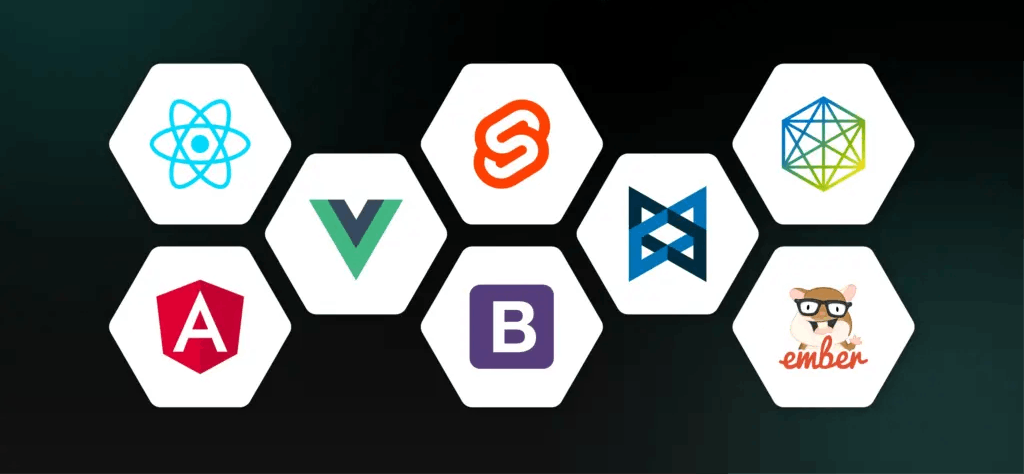
Discover how building a simple web development framework can improve your JavaScript understanding. Learn structure, logic, DOM handling, and modular coding through real practice.
Most JavaScript learners focus on tutorials and courses—but the best way to grow is to build something complex from scratch. Creating your own web framework teaches you about DOM manipulation, modular patterns, reusability, performance, and even MVC structure.
function render(component, container) {
container.innerHTML = component();
}
function App() {
return `<h1>Hello from my framework</h1>`;
}
render(App, document.getElementById('root'));
const routes = {
'/': () => '<h1>Home</h1>',
'/about': () => '<h1>About</h1>',
};
function renderRoute() {
const path = window.location.pathname;
document.getElementById('root').innerHTML = routes[path] || '<h1>404</h1>';
}
window.onpopstate = renderRoute;
renderRoute();
function Header() {
return `<header><h2>My JS Framework</h2></header>`;
}
function Layout() {
return `
${Header()}
<main>${routes[window.location.pathname]()}</main>
`;
}
🚀 Need help turning your Adobe XD design into a pixel-perfect website? Let Markup Fox handle the coding—clean, responsive, and SEO-ready.
Conclusion
By creating your own mini JavaScript framework, you're not just coding — you're thinking like a framework developer. You’ll gain confidence in DOM manipulation, component-based thinking, and routing systems. These are all core skills every JS developer needs.